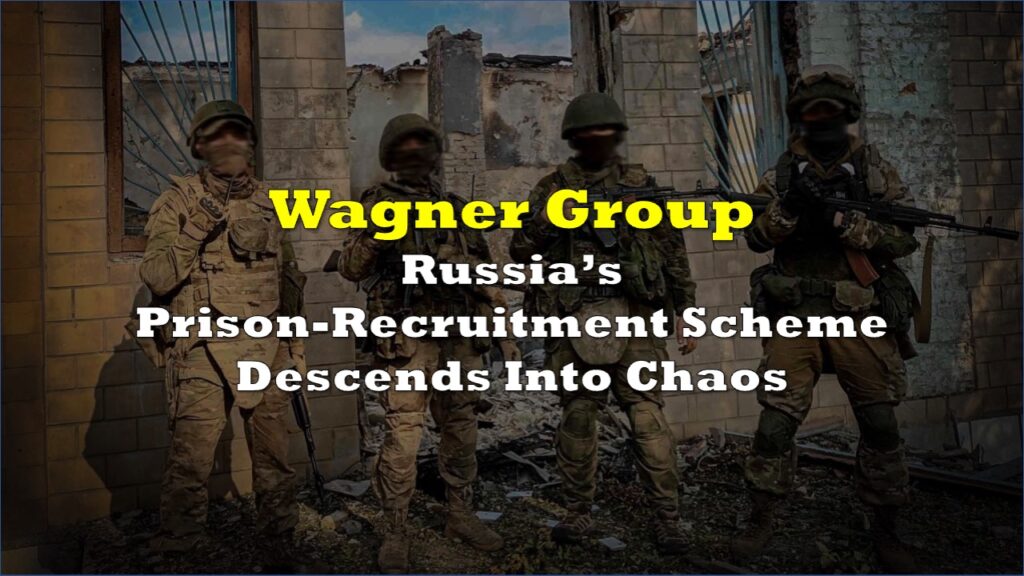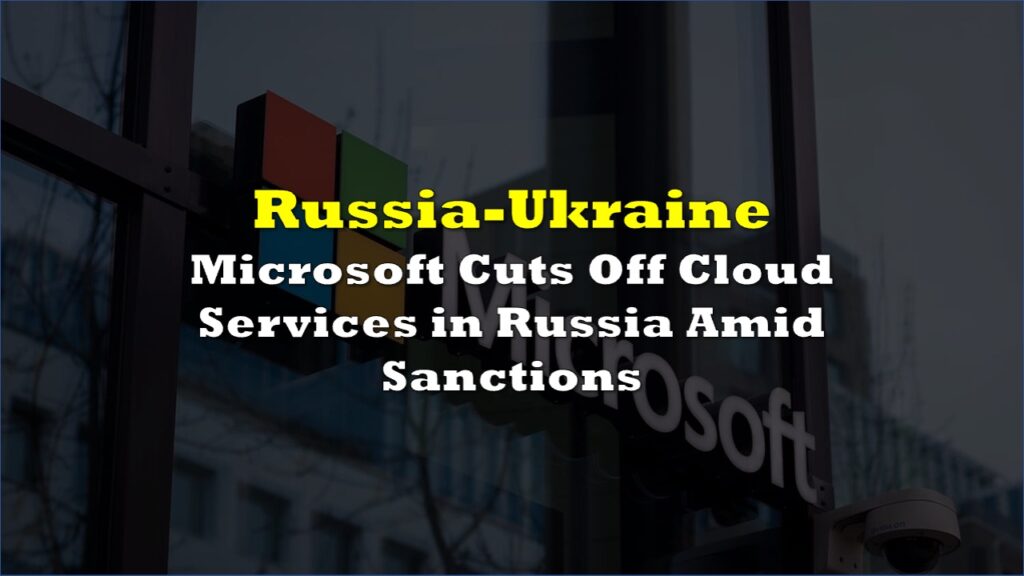In a series of daring strikes, Ukraine has launched heavy drone attacks on multiple Russian oil refineries, causing fires and significant damage across the country.
These attacks appear to be a strategic move aimed at disrupting Russia’s oil industry and energy production capabilities — although Russian President Vladimir Putin has attempted to downplay the strikes as an attempt to disrupt the presidential election where he practically ran unopposed.
Russia has total refining capacity of ~5.5 million barrels per day, so at best 10% of their refining is offline, but by some estimates, it may be closer to 15% https://t.co/PJhJHYEaTc
— Patrick De Haan ⛽️📊 (@GasBuddyGuy) March 18, 2024
One of the major targets was the Rosneft-controlled Ryazan oil refinery, Russia’s largest with a capacity of 350,000 barrels per day. The refinery suffered a fire after a drone attack, leading to the shutdown of two primary refining units responsible for processing over 70% of the facility’s crude intake.
Amazing that Ukraine's homegrown drone tech is now able to not only travel 700km distance but to then accurately strike and destroy the most vulnerable and irreplaceable point on a Russian oil refinery.
— Jay in Kyiv (@JayinKyiv) March 13, 2024
The distillation tower at the Ryazan refinery was struck multiple times. pic.twitter.com/1ZMzXKVPHG
Another refinery hit was the NORSI plant owned by Lukoil near Nizhny Novgorod, which accounts for nearly 6% of Russia’s total refined crude. Its main crude distillation unit was damaged, halting at least half of the refinery’s production, including a significant portion of the country’s gasoline, diesel, fuel oil, and aviation fuel output.
Drone attack causes a massive fire at Lukoil's NORSI oil refinery in the Nizhniy Novgorod region. Lukoil is the world's second largest oil exporter. This is the fourth attack against the region since the start of the year.
— WarTranslated (Dmitri) (@wartranslated) March 12, 2024
Another oil depot was hit in Oryol Oblast.
In total,… pic.twitter.com/XLWYPNneQu
The Kirishi refinery, one of Russia’s top two refineries operated by Surgutneftegaz, also came under attack, with a Ukrainian drone being destroyed nearby. This refinery processes over 6% of Russia’s crude and produces substantial amounts of various fuel products.
Other refineries targeted include the Syzran plant controlled by Rosneft, where one of its two crude distillation units was damaged, and the Slavyansk refinery in the Krasnodar region, which suffered a fire after a drone attack.
The privately-owned Kaluga refinery near Moscow was also hit, though it is not considered a major facility.
Information for this story was found via the sources and companies mentioned. The author has no securities or affiliations related to the organizations discussed. Not a recommendation to buy or sell. Always do additional research and consult a professional before purchasing a security. The author holds no licenses.









